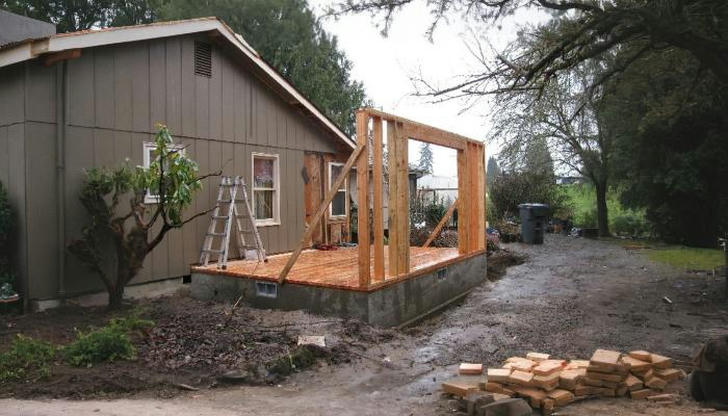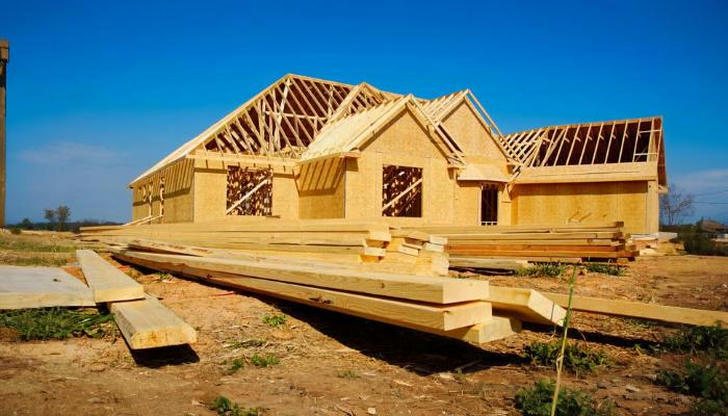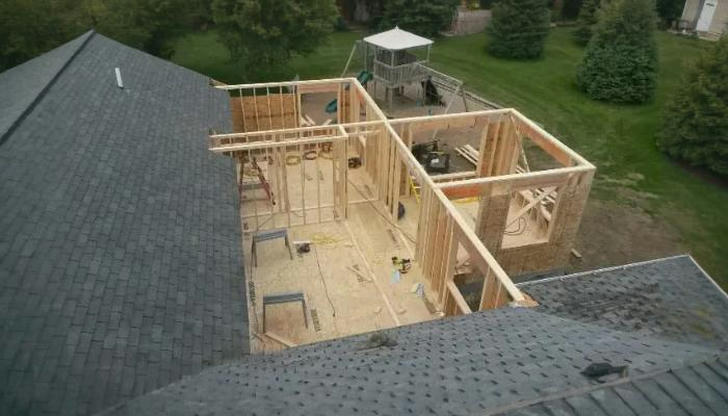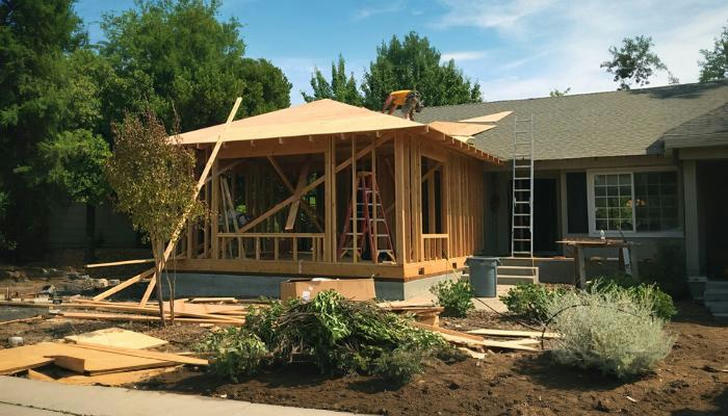Building a House Addition: Pros and Cons

The house addition stands as the most expensive project a homeowner will undertake in home renovations. If the addition is large enough and complex enough, costs can easily surpass six figures.
This decision carries immense weight. Once constructed, a house addition becomes a permanent fixture. Moreover, its complexity often necessitates professional expertise.
So, it's prudent to thoroughly assess the advantages and drawbacks before committing to a contractor. Numerous considerations surround the decision to add to a house, and this list narrows them down the three most significant pros and cons.

Pros 1: New Construction, From Scratch
With a home addition, you embark on new construction, enabling you to start afresh and sidestep the potential complications of building upon previous mistakes.
In many cases, homeowners inherit older houses that have undergone various modifications over time by different occupants. When you install new floors, paint the walls, or remodel a bathroom, you are only adding your unique touch to this pastiche.
However, a home addition presents an opportunity to claim space as entirely your own creation. It's akin to crafting a brand-new house without the expense of a whole new house. Few remodeling projects are as thrilling and creatively satisfying as working with the blank slate that addition-building affords you.
Pros 2: High Cost-Value Ratio
Constructing an addition offers the potential for the highest return on investment.
According to Home Advisor's True Cost Guide, a mid-range two-story addition may recoup at least 65 percent of its cost upon resale.
Comparatively, building an addition often proves more cheaper than purchasing or constructing a new home with equivalent space. Factor in the closing costs associated with selling your current home and purchasing a new one, and the advantage of building an addition becomes even more apparent.

Pros 3: Best Way to Add Space
When considering various space-expanding projects, a house addition is the most effective way.
While a sunroom can enhance a home's appeal, its value may be diminished if perceived as inferior or less functional by potential buyers. Investing six figures into a fully conditioned sunroom might prompt the question: why not opt for the desired outcome—a house addition?
Finished basements offer additional living and entertainment areas. However, unless blessed with daylight exposure, basements can feel dim and lack windows, potentially detracting from their allure. Additionally, they do not contribute to expanding the square footage of your home.
Cons 1: Loss of Property Space
Additions consume property space, inevitably altering the landscape.
Unless opting for a second story addition, constructing a ground-level addition invariably encroaches upon yard space, permanently changing its layout.
For families with young children who cherish outdoor play, postponing an addition until they've outgrown this phase might be prudent.
The trend toward smaller and smaller yards continues as mammoth-sized homes envelop lots. In response, some communities are advocating for alterations to zoning and permitting regulations to counteract the trend of space-consuming homes and additions.

Cons 2: Higher Resale Price Not Guaranteed
While selling a home with an addition can yield financial gains, there's also the potential for losses.
Because peripheral costs increase, you may still lose money when you decide to sell the house. Expanded space within the addition leads to heightened heating and cooling expenses, increased maintenance tasks such as window washing and gutter cleaning, elevated property taxes, and additional cleaning fees.
Despite the allure of higher cost-value ratios compared to other renovation projects, there's no guarantee of recouping the full expense of the addition upon sale. It's a gamble that many homeowners undertake.
Selling the home shortly after constructing the addition often results in financial losses, unless the local real estate market is exceptionally buoyant.
Cons 3: All-Consuming Project
Constructing an addition is a time-intensive project, consuming your life for months.
The initial stages of building an addition may spark excitement, but the prolonged nature of the project can strain your patience, increase stress levels, and test the strength of relationships.
